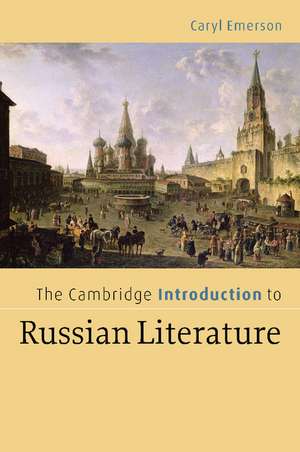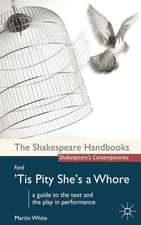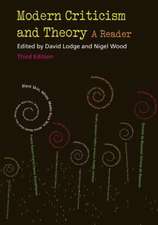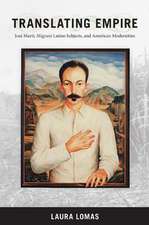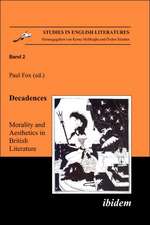The Cambridge Introduction to Russian Literature
Autor Caryl Emersonen Limba Engleză Paperback – 9 iul 2008
| Toate formatele și edițiile | Preț | Express |
|---|---|---|
| Paperback (1) | 208.46 lei 6-8 săpt. | |
| Cambridge University Press – 9 iul 2008 | 208.46 lei 6-8 săpt. | |
| Hardback (1) | 558.08 lei 6-8 săpt. | |
| Cambridge University Press – 9 iul 2008 | 558.08 lei 6-8 săpt. |
Preț: 208.46 lei
Nou
39.89€ • 42.65$ • 33.26£
Carte tipărită la comandă
Livrare economică 17 aprilie-01 mai
Specificații
ISBN-10: 0521606527
Pagini: 308
Ilustrații: 1 b/w illus. 1 map
Dimensiuni: 150 x 228 x 21 mm
Greutate: 0.48 kg
Editura: Cambridge University Press
Colecția Cambridge University Press
Locul publicării:Cambridge, United Kingdom
Cuprins
Preface; 1. Critical models, committed readers, and three Russian ideas; 2. Heroes and their plots; 3. Traditional narratives; 4. Western eyes on Russian realities: the eighteenth century; 5. The astonishing nineteenth century: Romanticisms; 6. Realisms: Dostoevsky, Tolstoy, Chekhov; 7. Symbolist and modernist world-building: three cities, three novels, and the devil; 8. The Stalin years: socialist realism, anti-Fascist fairy tales, wilderness; 9. Coming to terms and seeking other terms: from the First Thaw (1956) to the end of the millennium; Postscript: the Russian word in a fluid world; Notes; Pronunciations and definitions of Russian words, proper names, and place names occurring in the text (with first occurrence noted); The Russian literary canon in English; Guide to further reading.
Recenzii
Descriere
Russian literature arrived late on the European scene. Within several generations, its great novelists had shocked - and then conquered - the world. In this introduction to the rich and vibrant Russian tradition, Caryl Emerson weaves a narrative of recurring themes and fascinations across several centuries. Beginning with traditional Russian narratives (saints' lives, folk tales, epic and rogue narratives), the book moves through literary history chronologically and thematically, juxtaposing literary texts from each major period. Detailed attention is given to canonical writers including Pushkin, Gogol, Dostoevsky, Tolstoy, Chekhov, Bulgakov and Solzhenitsyn, as well as to some current bestsellers from the post-Communist period. Fully accessible to students and readers with no knowledge of Russian, the volume includes a glossary and pronunciation guide of key Russian terms as well as a list of useful secondary works. The book will be of great interest to students of Russian as well as of comparative literature.
